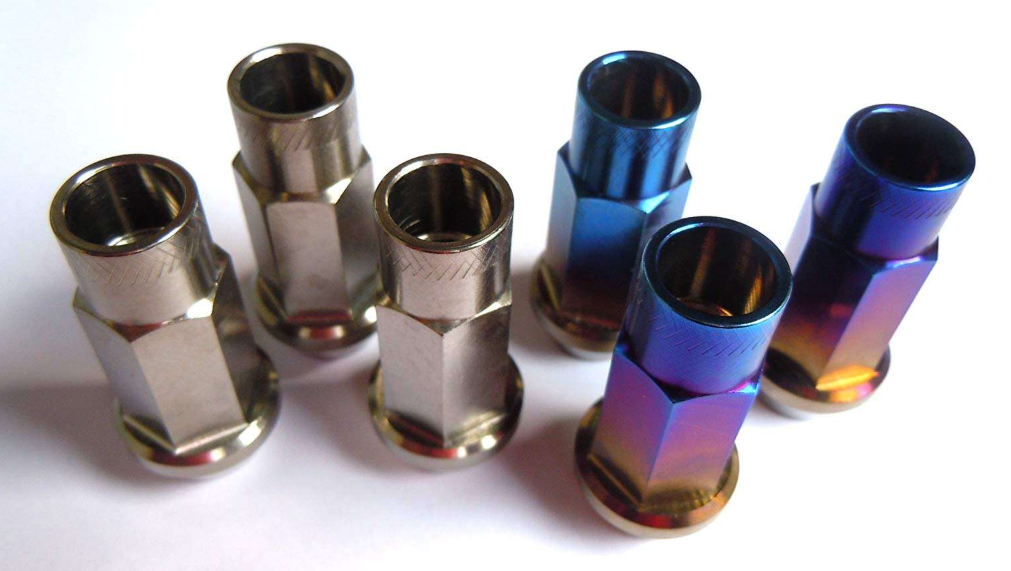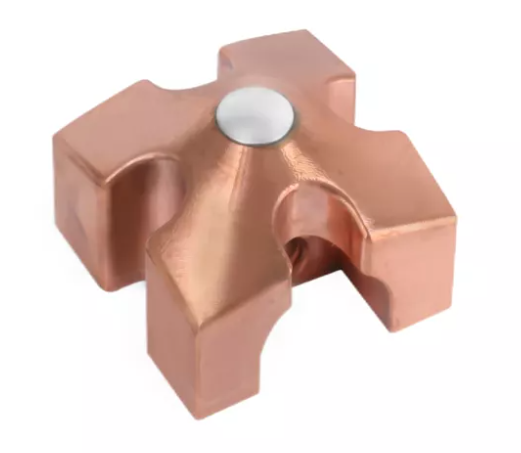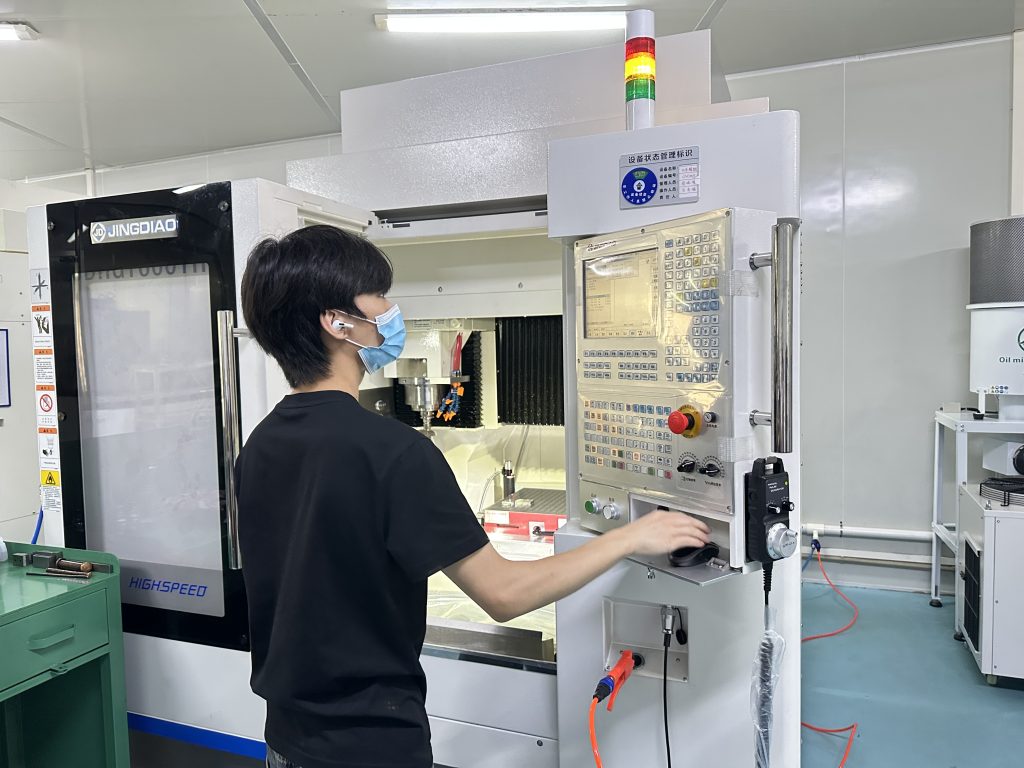CNC Machining Titanium Parts
Titanium materials are made from titanium ingots or titanium alloy metals through specific pressure processing techniques, resulting in materials with defined shapes, sizes, and properties, also known as titanium processed materials. The production of titanium materials primarily relies on pressure processing, which causes the processed objects (such as blanks and ingots) to undergo plastic deformation. Based on the processing temperature, titanium materials can be divided into two main categories: cold processing and hot processing. Depending on the processing techniques and the form of the final product, they can be broadly classified into various types such as plates, bars, pipes, forgings, and castings.
Titanium processed materials are widely used in high-end fields such as advanced chemicals, aerospace, medical, and marine engineering. Among them, with the advancement of technology and the expanding demand for applications, the need for titanium materials in the aerospace field has grown particularly significantly.

CNC Machining Titanium Material Parts
Titanium ores mainly consist of ilmenite and rutile. The two key advantages of titanium are its high specific strength and excellent corrosion resistance, which make it highly applicable in fields such as aerospace, defense, energy, chemical industry, metallurgy, construction, and transportation. The abundant titanium ore reserves provide a resource base for the wide application of titanium materials.
| Yield Strength | Elongation at Break | Hardness | Density | Max Temp |
| 120,000 PSI | 10% | Rockwell C30 | 0.16 Ibs / cu. in | 3000°F |
CNC Machining Titanium Material Properties
Low Density: The density of titanium metal is 4.51g/cm³, which is about 50% of copper and 77% of low carbon steel.
Corrosion Resistance: Titanium can form an oxide film in the air and is almost completely resistant to corrosion from seawater, earning it the nickname “marine metal.” Titanium has excellent corrosion resistance and is widely used in industries such as chlor-alkali, soda ash, vacuum salt production, petrochemicals, shipbuilding, seawater desalination, nuclear power plants, and thermal power desulfurization.
Temperature Performance: New titanium alloys can be used at temperatures of 600°C or higher temporarily while maintaining ductility and toughness. They are especially suitable for space applications at low temperatures between -196°C and -253°C. Therefore, titanium is known as the “space metal.” It is also widely used in aerospace, refrigeration, and other industries, and is biocompatible, free from metal allergies, which has earned it the title of “biometal.”
Superconductivity: Wires made from niobium-titanium alloys exhibit zero resistance below the critical temperature and can conduct through any power equipment, demonstrating other superconducting properties. Currently, the consumption of titanium materials in China is mainly in the chemical industry, aerospace, and sports and leisure fields.
CNC Machining of Titanium Parts – The Most Powerful Titanium Parts Manufacturer

As everyone knows, titanium is a material that is difficult to machine. To produce high-quality titanium parts, a manufacturer must be equipped with advanced machinery and an experienced CNC machining team. JUNYU is one of the most powerful manufacturers in the titanium parts industry. Specializing in CNC parts production, we are able to offer professional engineering support to our customers while providing competitive prices. All the parts we produce are of high precision.
Advantage of Our CNC Machining Titanium Parts Service

1.CNC machining can achieve automated continuous processing, reducing manual intervention and shortening processing time, thus improving production efficiency.
2.It can enhance the machining accuracy of parts, and the product consistency is excellent. The machining center has a compensation function that ensures the machining accuracy of the machine tool itself.
3.It offers wide adaptability and greater machining flexibility.
4.The machining center can perform multiple functions on a single machine, including milling, drilling, boring, tapping, and other machining operations.
5.It allows for precise cost and expenditure calculation, and shortens the production cycle.
6.There is no need for special fixtures, which can save costs and shorten the production cycle.
7.The machining center can provide workpieces with sufficient hardness to perfectly meet the design requirements of customers.





